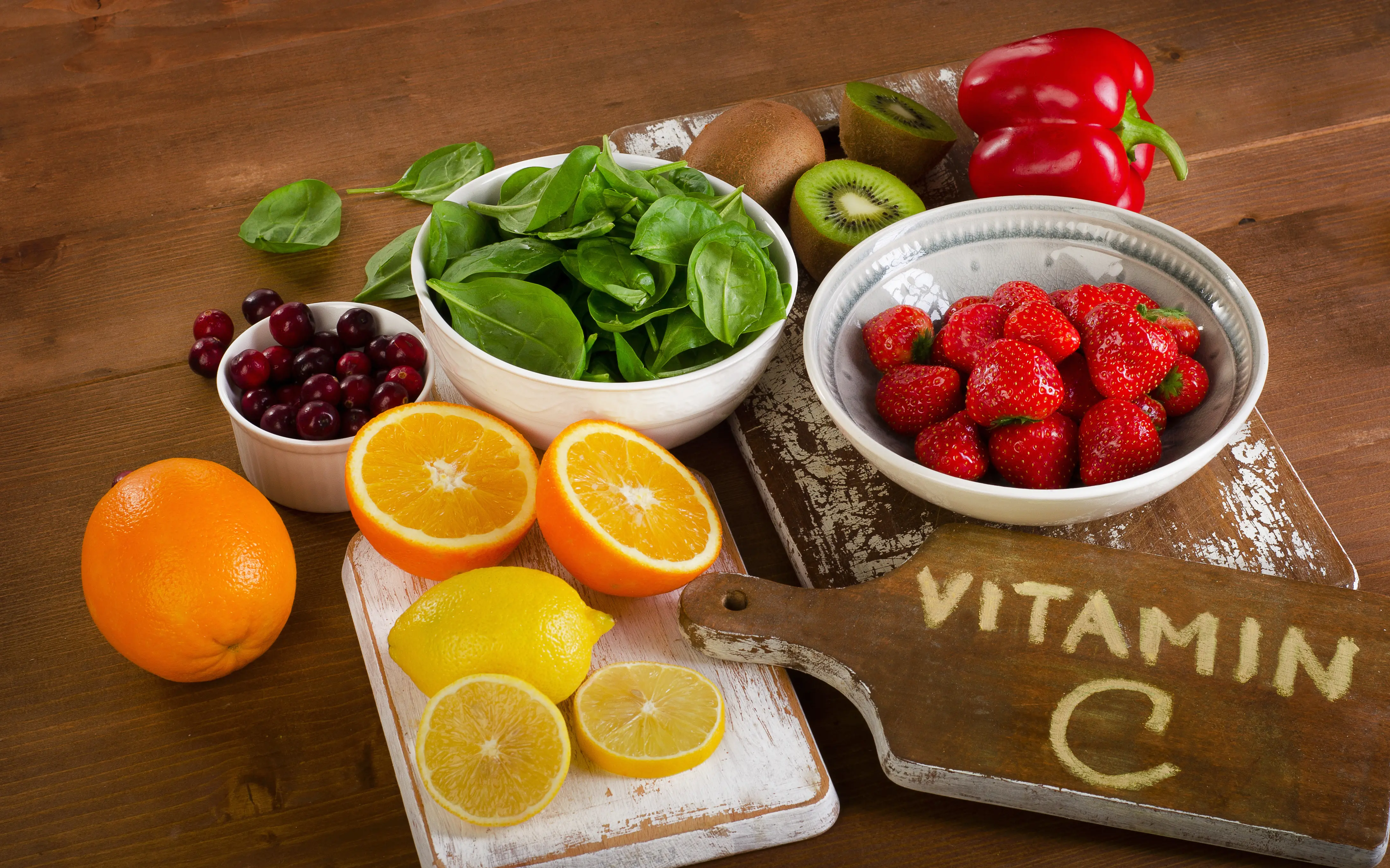Your skin is often said to be a reflection of your overall health, and it’s no surprise that what you put into your body can have a significant impact on its appearance and health. The quest for clear, glowing skin has led many to explore the intricate relationship between diet and dermatology.

For starters, hydration is key. Water is essential for maintaining skin moisture and delivering essential nutrients to the skin cells. It replenishes the skin tissue and increases its elasticity, helping to delay the appearance of signs of aging like wrinkles and fine lines.
Beyond hydration, the nutrients found in your food strongly influence skin health. Vitamins and minerals play a critical role in regenerating skin tissue, protecting against environmental damage, and promoting a healthy complexion. Let's delve into some critical nutrients and foods that can contribute to a healthy, vibrant skin.
Vitamin C is a powerhouse for skin health, necessary for the production of collagen, which keeps the skin firm and supple. A diet rich in vitamin C - found abundantly in citrus fruits, strawberries, bell peppers, and broccoli - can help reduce wrinkles and the signs of aging.
Vitamin E is another skin hero. It's an antioxidant that protects the skin from damage caused by free radicals and the sun’s harmful UV rays. Foods such as almonds, sunflower seeds, and green leafy vegetables are excellent sources of vitamin E, which, when coupled with vitamin C, can significantly improve skin health.

Essential fatty acids, particularly omega-3s and omega-6s, are vital for maintaining skin health. They form the building blocks of healthy cell membranes. These polyunsaturated fats can help keep the skin moist, flexible, and can even protect against harmful UV rays. Omega-3 fatty acids, found in flaxseeds, chia seeds, walnuts, and fatty fish such as salmon and sardines, can also help reduce inflammation, potentially reducing the risk of acne and other skin problems.
Zinc is an important mineral for helping combat acne. It's involved in regulating the production of oil in the skin and can have an anti-inflammatory effect. Foods rich in zinc include beef, pumpkin seeds, lentils, chickpeas, and quinoa.
Antioxidants found in colorful fruits and vegetables, such as beta-carotene and lycopene, can help protect the skin from sun damage. They act as a natural sunblock and can improve skin texture. You can find these antioxidants in carrots, sweet potatoes, and tomatoes.
Interestingly, some foods and dietary patterns can have adverse effects on skin health. High glycemic index foods, like white bread and sugary drinks, can trigger hormone levels that could lead to acne or exacerbate skin conditions. Similarly, dairy products have been linked to acne in some people, possibly due to hormones present in milk. It's important to observe how your skin reacts to certain foods and adjust your diet accordingly.

Another factor to consider is the gut-skin axis, the relationship between a healthy digestive system and clear skin. Probiotics and prebiotics play a role in maintaining a healthy gut flora, which in turn can influence inflammation throughout the body, including in the skin. Foods such as yogurt, kefir, sauerkraut, and high-fiber fruits and vegetables can boost the beneficial bacteria in the gut and promote a healthy complexion.
Lastly, bear in mind that an all-encompassing approach to skin health involves not only a balanced diet but also lifestyle factors such as stress management, adequate sleep, regular physical activity, and skincare practices.
In conclusion, your dietary choices can significantly affect your skin's health and appearance. Hydration, vitamins, essential fatty acids, minerals, and a healthy gut can all contribute to a radiant complexion, while some foods might detract from it. By making mindful choices about what we eat, we can nourish our skin from the inside out, enhancing not only our beauty but also our overall wellbeing. Remember, the next time you make your meal choices, your skin is also at the table.
